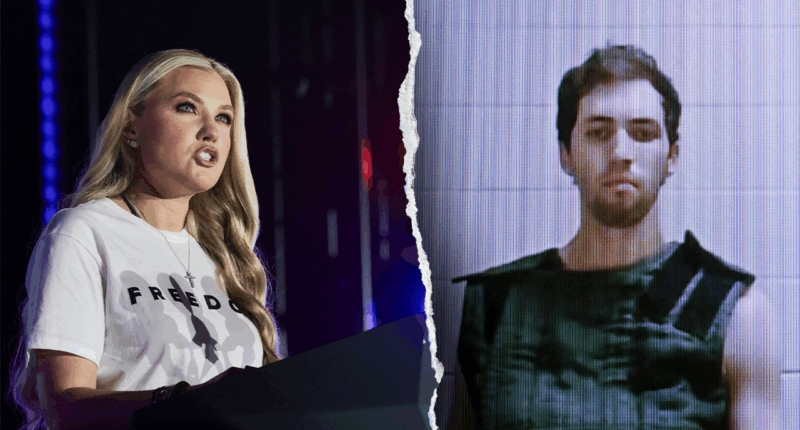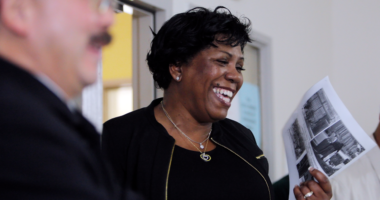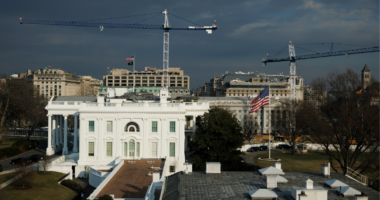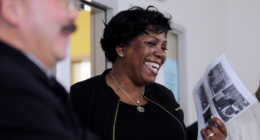Share this @internewscast.com
Senator Chuck Grassley, who heads the Senate Judiciary Committee, has stepped into the debate over permitting cameras in the courtroom for the trial of Tyler Robinson, the 22-year-old from Utah charged with the murder of Charlie Kirk.
Grassley, a long-time advocate for introducing cameras into federal courtrooms—currently prohibited—highlighted Kirk’s killing as a “pivotal moment in history.” He asserted that such significant cases should be accessible to public scrutiny.
“I want to commend Erika Kirk, the widow of the slain conservative leader Charlie Kirk, for her heartfelt request to allow cameras during the trial of her husband’s [alleged] killer,” Grassley stated on the Senate floor Tuesday. “Her courageous appeal resonates with a position I have championed for many years.”

Charlie Kirk was a prominent conservative figure and the leader of Turning Point USA.
While most states, including Utah, permit or allow judges the discretion to permit cameras in courtrooms, federal courts do not. Robinson is facing charges at the state level.
In October, Robinson’s legal team filed a motion requesting that he be allowed to appear in civilian clothing and without shackles. They argued that federal court rulings have maintained that camera restrictions do not infringe on the media’s First Amendment rights.
Utah Judge Tony Graf granted his motion to wear regular clothes, denied his motion to appear without shackles and held off a decision on the camera issue after telling both sides to come up with new briefs.
Separately, he has allowed Robinson to attend his last two public hearings remotely, without being on camera.

Erika Kirk speaks during a “This Is the Turning Point” campus tour event at the University of Mississippi, in Oxford, Miss., Wednesday, Oct. 29, 2025. (AP Photo/Gerald Herbert)
Robinson is due back in court on Jan. 16, 2026. Graf has so far allowed both news cameras in the courtroom and a court-operated public livestream, but lawyers on the case have indicated they would support limits or an outright ban on news cameras.
Kirk’s widow, Erika Kirk, told Fox News’ Jesse Watters this week she supports keeping the cameras in place.
“There were cameras all over my husband when he was murdered,” she said. “There have been cameras all over my friends and family mourning. There have been cameras all over me, analyzing my every move, analyzing my every smile, my every tear. We deserve to have cameras in there.”
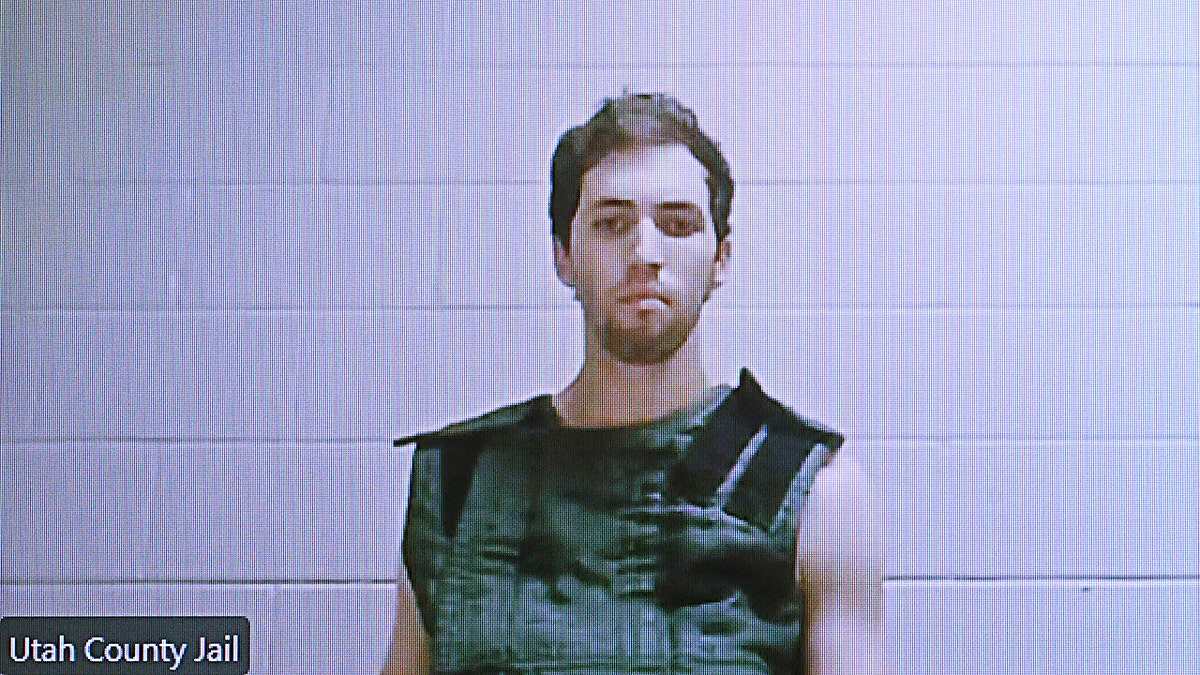
Tyler Robinson, 22, the suspect in the shooting death of Charlie Kirk, appears by camera before 4th District Court Judge Tony Graf on Tuesday, Sept. 16, 2025, for his initial court appearance in Provo, Utah. (Scott G Winterton/Pool via Deseret News)
Criminal defendants have a right to a fair trial, but not to privacy or to try and minimize public interest in the case, said Royal Oakes, a Los Angeles-based media attorney who successfully argued to have news cameras in court for OJ Simpson’s 1990s murder trial.
“A more traditional argument for courtroom transparency is the right of the public to see its justice system at work,” he told Fox News Digital. “But Erika Kirk is right to call for broadcasting of court proceedings because, whether the accused is found guilty or not, citizens are entitled to observe hearings and a trial, and make up their own minds about the allegations.”
To solve the federal issue, Grassley has sponsored two bipartisan bills – the Sunshine in the Courtroom Act, which would give all federal judges the authority to allow cameras in their courtrooms, and the Cameras in the Courtroom Act, which would have the U.S. Supreme Court televise all open sessions unless a majority of justices believe doing so would violate due process.
